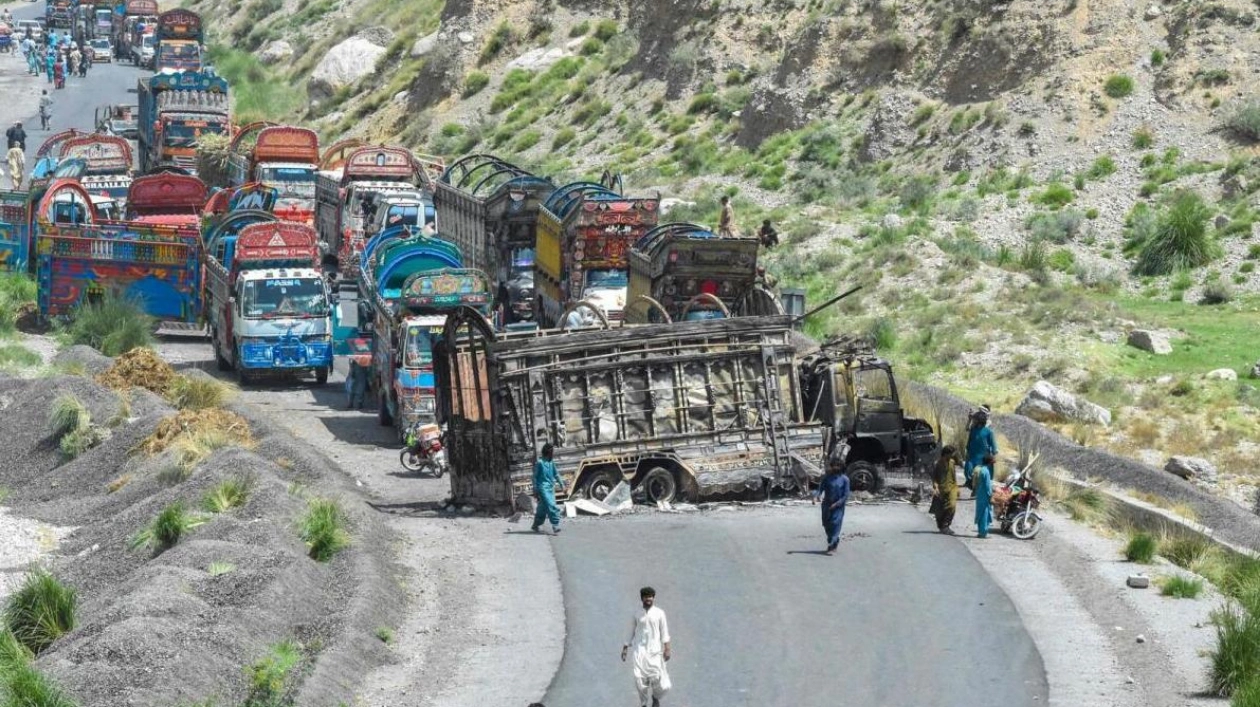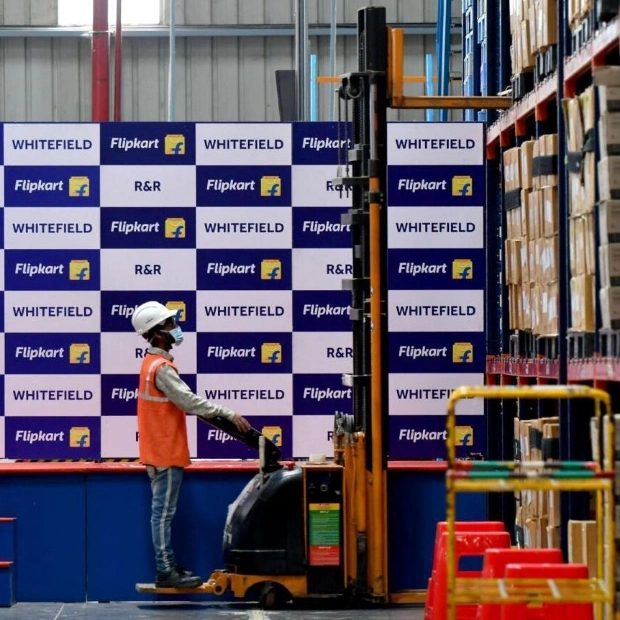Prime Minister Shehbaz Sharif stated on Tuesday that separatist militants in Balochistan, who have launched widespread coordinated attacks, aim to halt development projects under the China-Pakistan Economic Corridor. During a televised cabinet address, Sharif highlighted that these militants seek to create a rift between Islamabad and Beijing, which has made significant investments in the province, including a deepwater port and a gold and copper mine.
On Tuesday, Pakistani forces pursued separatist militants responsible for the deaths of dozens of people. These militants had previously forced passengers off buses, detonated a bridge, and attacked a hotel. In Balochistan, militants seized control of a highway, killing 23 individuals, predominantly laborers from Punjab, and targeting a hotel and a railway bridge connecting Balochistan to the rest of Pakistan. Security forces in Balochistan have long faced sectarian, ethnic, and separatist violence, but the recent coordinated attacks across multiple districts mark one of the most severe incidents in the region's history.
Investigations continued on Tuesday, with the affected sites cordoned off. However, no arrests have been made, and no additional militants have been killed, according to provincial government spokesman Shahid Rind. The death toll from Monday includes 34 civilians and 15 security personnel, with the military reporting the killing of 21 militants. Prime Minister Sharif condemned the attacks, emphasizing that negotiations are always an option for those who support Pakistan and its constitution.
The Baloch Liberation Army (BLA), a prominent separatist militant group in the province known for previous attacks on Chinese interests, claimed responsibility for the recent attacks. Sharif noted that their primary objective is to obstruct Pakistan's progress, undermine the development projects of the China-Pakistan Economic Corridor, and foment discord between Pakistan and China. The BLA is engaged in an independence struggle against the state, accusing it of unfairly exploiting the region's resources.
Balochistan, despite its rich untapped natural resources and strategic location bordering Afghanistan and Iran, remains Pakistan's poorest province, lagging in education, employment, and economic development. The China-Pakistan Economic Corridor has funneled billions into transport, energy, and infrastructure projects, but the safety of Chinese citizens and projects has become a growing concern. Baloch separatists have escalated attacks on workers from neighboring provinces and foreign energy firms, including lethal attacks on Chinese nationals.
Analyst Kiyya Baloch, who tracks violence in Balochistan, argues that the government's reliance on force to suppress the two-decade conflict has led to increased retaliation and a strengthening of the insurgency. He notes that these coordinated attacks across multiple districts are unprecedented in the region's history.






